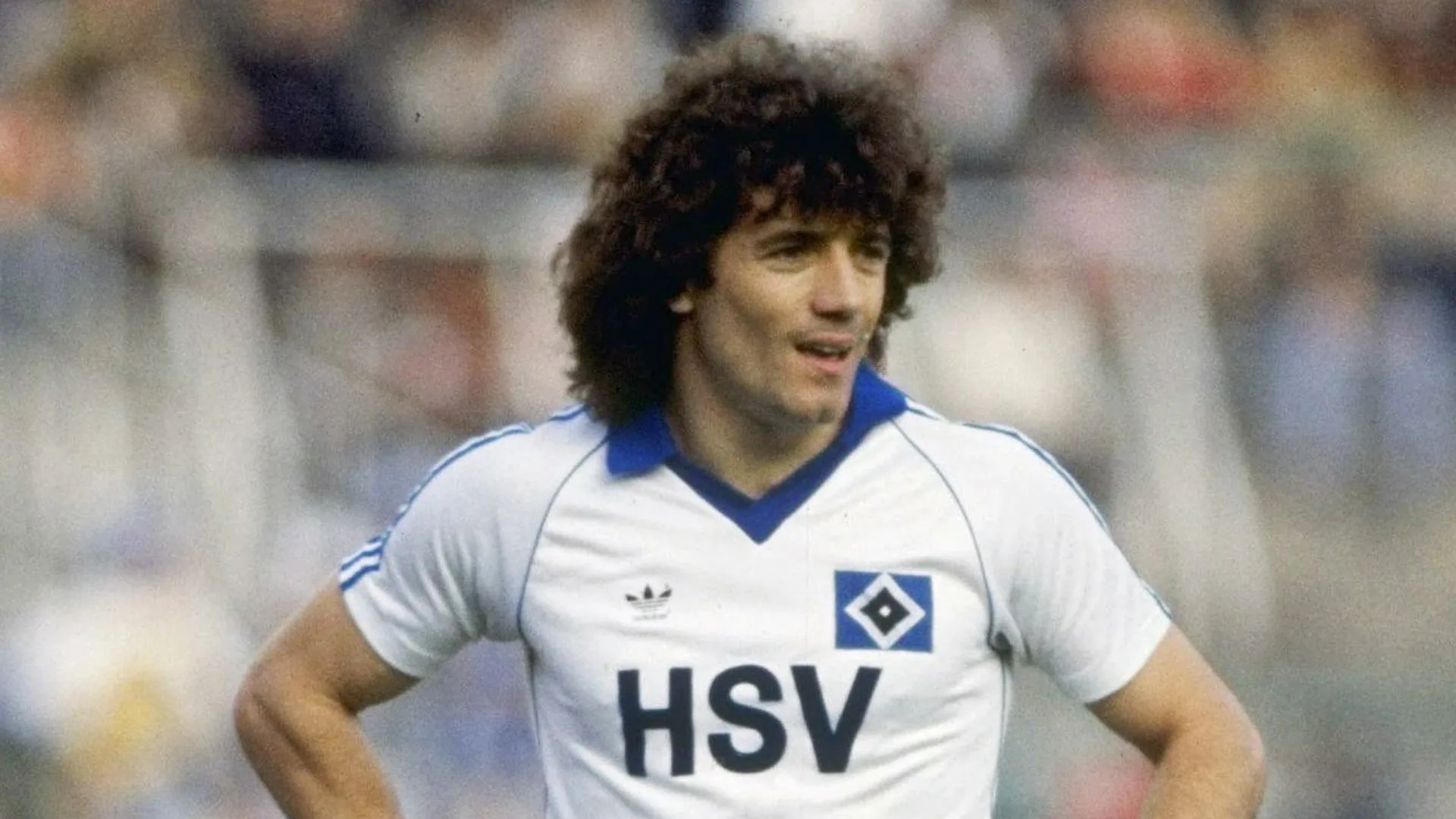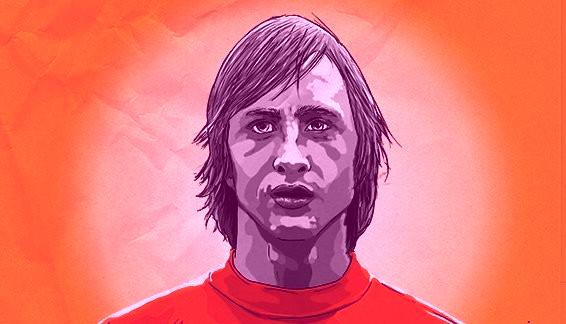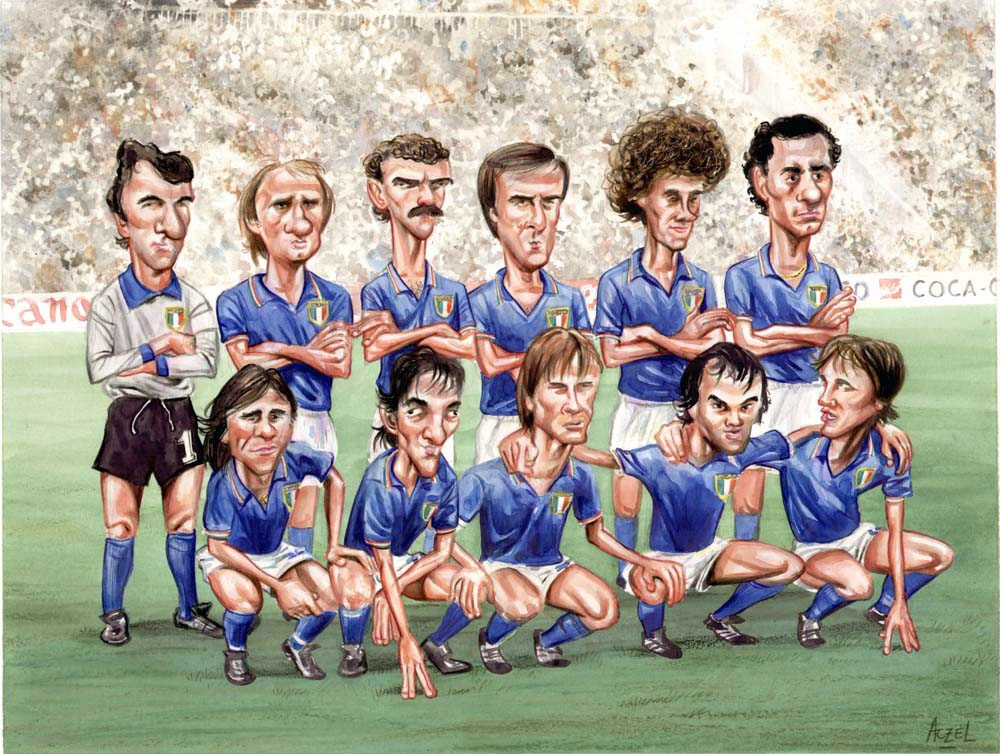
Arthur Antunes Coimbra or “Zico” as he is better known is a household name throughout Brazil and the footballing world. The greatest player to never win a World Cup. Often billed as the “White Pelé” or “The God of Football, the predominantly right-footed Zico was blessed with skill aplenty. In an international career spanning 10 years, Zico became one of the most adored Brazilians to wear the yellow jersey. Brazil’s number 10 Zico: The God of Football, this is his and Brazil’s story of the 1982 World Cup.
The Brazilian squad that entered the 1982 World Cup Finals was one that exuded the best attributes of Samba-style football. Players of the calibre of Zico, Socrates, Eder and Falcao had firmly put Tele Santana’s team as tournament favourites.
Russia, Scotland and New Zealand were their Group 6 opponents, all very winnable matches and not much to fear.
Zico Is The God of Football
First up for Zico and his Brazilian teammates were Russia. At the time they had who many believed to be the best keeper in the world in Rinat Dasaev. Adding potency to the attack was the 1975 Balon d’Or winner Oleg Blokhin.
Against the odds, the game in Sevilla turned out to be tougher than anticipated for the Brazilians. Time and time again they were unable to break down a resolute Russian defence and at times looked ordinary. In the 34th minute, the Russians took the lead through Andrei Bal. An upset was on the cards.
The second half saw more of the same. Brazil working hard to break Russia down, and Russia working harder to stop them. It took a moment of brilliance from Socrates to bring them level. Followed by an even better moment from Eder two minutes from time to see the through. Although less than convincing the Samba Kings of Brazil were up and running with a vital victory.
The Scots are Brushed Aside
Games 2 and 3 for Brazil were a lot easier and saw them turn on the style. Scotland had the temerity to take an early lead in the game at the Estadio Benito Villamarín through David Narey. The shock of conceding to Scotland spurred Brazil on to play devastating football. In the 33rd minute, Zico expertly curled a free-kick around the wall into the top corner to make it 1-1. Scotland keeper Alan Rough didn’t move, transfixed as he watched the ball nestle in the top corner.
A rare goal from Oscar, a delightful chip from Eder and one from Falcao saw Brazil win 4-1 with ease. After two group games, they had already qualified for the second round.
As a result of having already qualified Brazil had five days of rest and relaxation before their next match. New Zealand was the opponent in what many expected to be a one-sided affair. For all their physical effort New Zealand was brushed aside by Brazil and The God of Football.
Zico scored twice, both unerring finishes, one a scissor volley the second a measured finish into the corner. He was beginning to show the world the real Zico. Brazil would go on to score 4 again without conceding and top the group.
The Group of Death
The second round. Group C presented a noticeable spanner in the works for Brazil and their tournament aspirations. No doubt they were confident of progressing from their First Round Group. What they didn’t expect to be facing the might of Italy and Argentina n the second round.
Italy’s inability to pick up a win during the first round of group games, along with Argentina’s defeat to Belgium, meant that Brazil found no advantage in topping their own group.
Group C would become the ultimate Group of Death – Brazil, Argentina and Italy. Zico , Diego Maradona and Paolo Rossi.
Aged 29, Zico was at the peak of his powers, full of belief, ability and experience. Diego Maradona, who was just 21, had his whole career ahead of him and was immature from a footballing point of view.
Rossi, 25, was fresh from a two-year ban for his part in the Totonero scandal, which rocked Italian football in 1980.
At the same time Rossi was serving his ban, Zico was winning the Copa Libertadores, the World Club Championship and back-to-back South American Footballer of the Year awards. The World Cup in 1982 was meant to be his coronation as the world’s greatest player.
Maradona See’s Red
The game against Argentina was an ill-tempered affair. Zico gave Brazil an early lead when he followed up a free kick from Eder to score from close range.
Maradona then had a cast-iron penalty decision turned down when Junior scythed him down in the box.
Serginho scored a second in the 66th minute before a slide-rule pass from Zico allowed Junior to net a third.
Unable to curtail his anger at the result Maradona was then sent off for kicking out at Brazil’s Batista. The Argentine Boy Wonder’s World Cup had come to a disappointing end.
The result means that Brazil with a goal advantage over Italy only needed a draw to qualify for the Semi-Finals. Buoyed by their result and attacking play against Argentina few would bet against them progressing.
An Italian Nightmare
Such was the form of Zico that Italian manager Bearzot assigned Gentile the job of man-marking Zico. It was a decision which would ultimately decide the outcome of the game. Unable to break Gentile’s shackles Zico dropped deeper and deeper to try and find space. When he did so seconds later Gentile would bring him to the ground through fair means or foul.
Therefore only once was Zico able to break free and in doing so he set up Socrates to make the score 1-1.
Unfortunately, this was the game where Paolo Rossi introduced himself to the World Cup legend. The diminutive Rossi pounced on a defensive error to make it 2-1. Before Falcão put the game at parity once more with a stunning left-foot strike.
Defensive Shortcomings Seal Defeat
For all Brazil’s attacking football, they spent just 24 minutes of the game on level terms with Italy. They also never once lead.
A poorly defended corner was eventually the source of Rossi’s third and Italy’s winning goal. Zico left the pitch at full-time knowing his Brazil had blown their chance of immortality. The best team in the tournament were undone by a combination of lethal finishing from Rossi and their own defensive shortcomings.
Zico : The God of Football had now played in two World Cups which his Brazil team were favourites to win. And on both occasions, they had come up short.
The God of Football
In conclusion, Zico, also known as the “White Pele,” is widely regarded as one of the greatest football players of all time. His exceptional technical skills, creativity, and ability to score goals, made him a fan favourite and a true “God of Football”.
Throughout his career, Zico has played for some of the top clubs in the world and has represented his country with distinction, earning the nickname “The Emperor” in the process. He was a true ambassador for the beautiful game and his legacy will live on for generations to come. Even today, he remains a prominent figure in the world of football, both as a coach and a commentator.
This post may contain affiliate links which means I may receive a commission for any purchases made through these links. Learn more on our Privacy Policy page.
Related Posts
Kevin Keegan’s Bundesliga Ballet in Hamburg
Follow the journey of when Kevin Keegan went to Hamburg. Read as he conquered…
Iconic Moments in 1970s Football
Dive into the golden era with legendary footballers of the 1970s. Explore…




